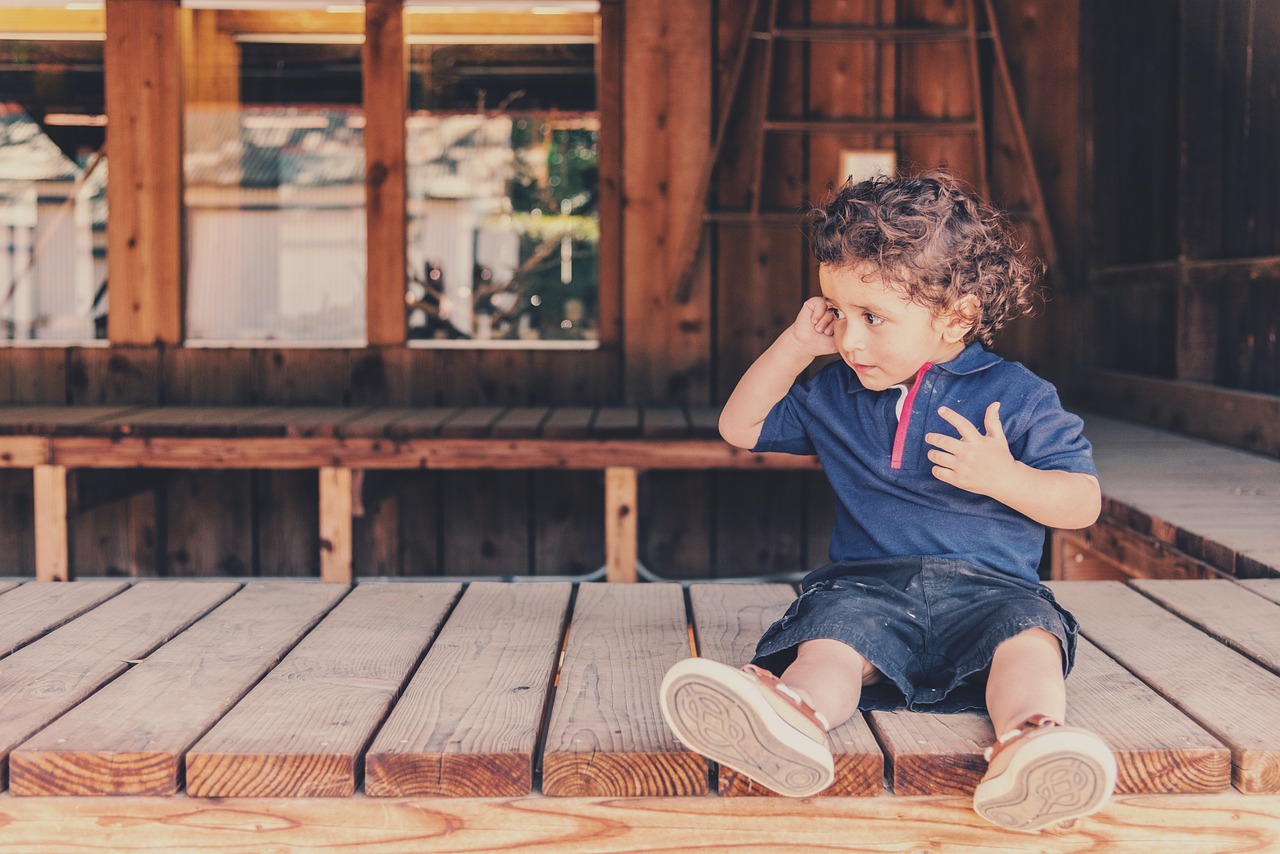Is your child sensitive to sounds or have a sensory disorder? The number of children diagnosed with Sensory Processing Disorder seems to be on the rise. Symptoms can be seen in children that have a difficult time processing competing sensory stimulation. This refers to a sensitivity to taste, textures, brightness, sounds, and other stimuli. This can be very disruptive to their development and behavior.
The most recent statistics on sensory sensitivity show sensory disorder occurs in about 15% of children in the United States.
An auditory processing disorder is when a child is sensitive to sound or have a difficult time understanding sounds.
According to the American Speech Language Hearing Association (ASHA), What is CAPD?
 Listening is a complicated process. Sound travels from the ear to the brain through the central auditory nervous system.
Listening is a complicated process. Sound travels from the ear to the brain through the central auditory nervous system.
This system analyzes sound so that it is understood. A central auditory processing disorder (CAPD) happens when the system has trouble interpreting the message from the sound.
Even though there may be no hearing loss, the listener has difficulty understanding what is being said.
This results when there is a mismatch between what your child hears and how their brain processes the sounds. Diagnosis isn’t always easy since the symptoms may overlap other conditions.
There are many symptoms associated with auditory processing disorder, some of which include
Sensitivity to sounds
Difficulty identifying sounds
Mishearing sounds
Long pauses before responding to speech
Challenges understanding conversations
Regularly asking for repetition
Difficulty understanding fast or complex speech
Easily overwhelmed in environments that are noisy
Challenges listening in environments that are loud
Difficulty focusing
“Speech-language pathologists (SLPs) play a role in the identification, screening, assessment, and treatment of individuals with Central Auditory Processing Disorder as part of an interdisciplinary team,” ASHA
Children with a sensory processing disorder can vary from child to child, some can’t tolerate the sound of a vacuum, some have a hypersensitive to sights, sounds, and touch, difficulty regulating emotions, and even holding a pencil
A speech therapy can be a game changer for those with an auditory processing disorder. Early intervention makes all the difference. At First Words Speech Therapy, we are dedicated to meeting your child’s speech and language disorder with personalized care.


